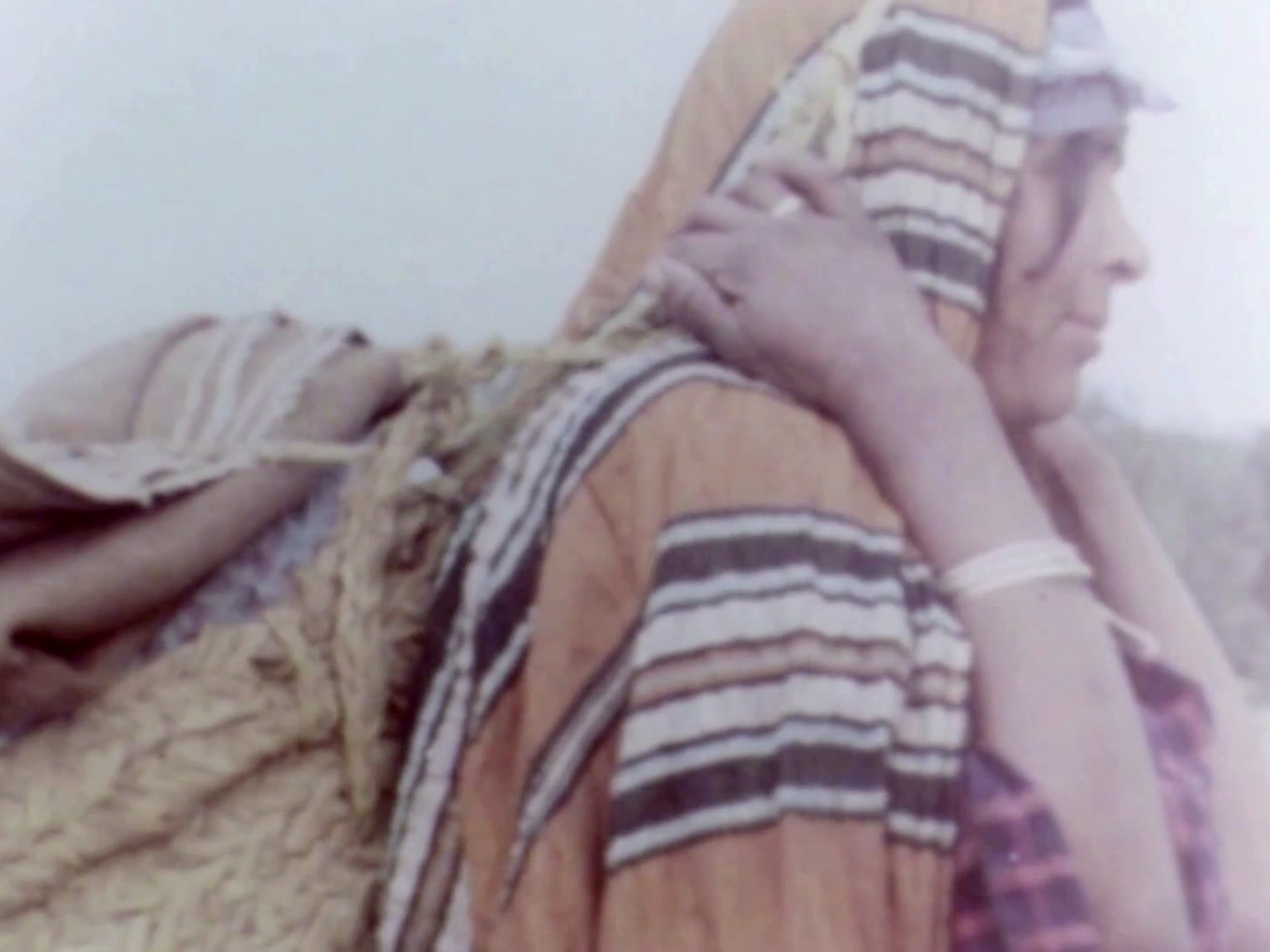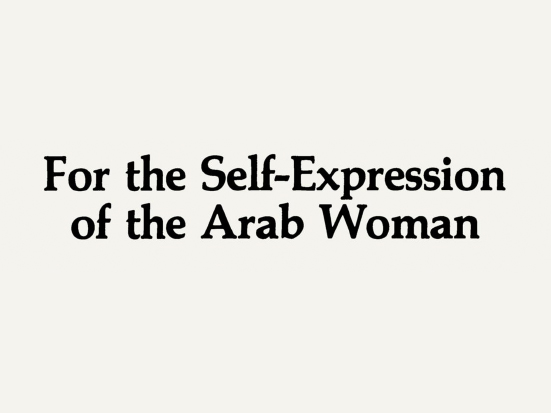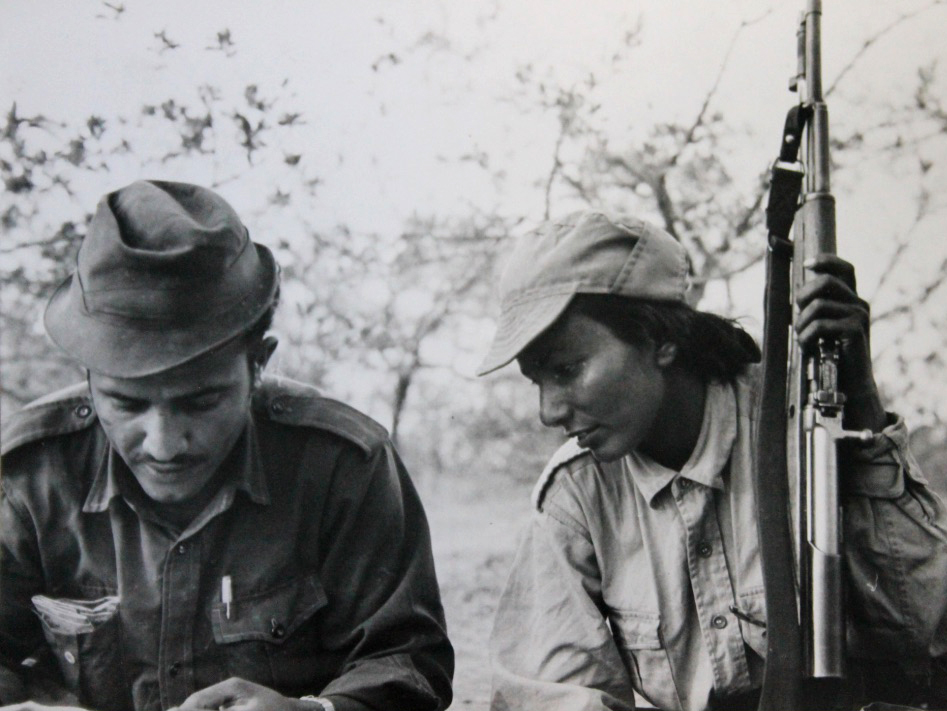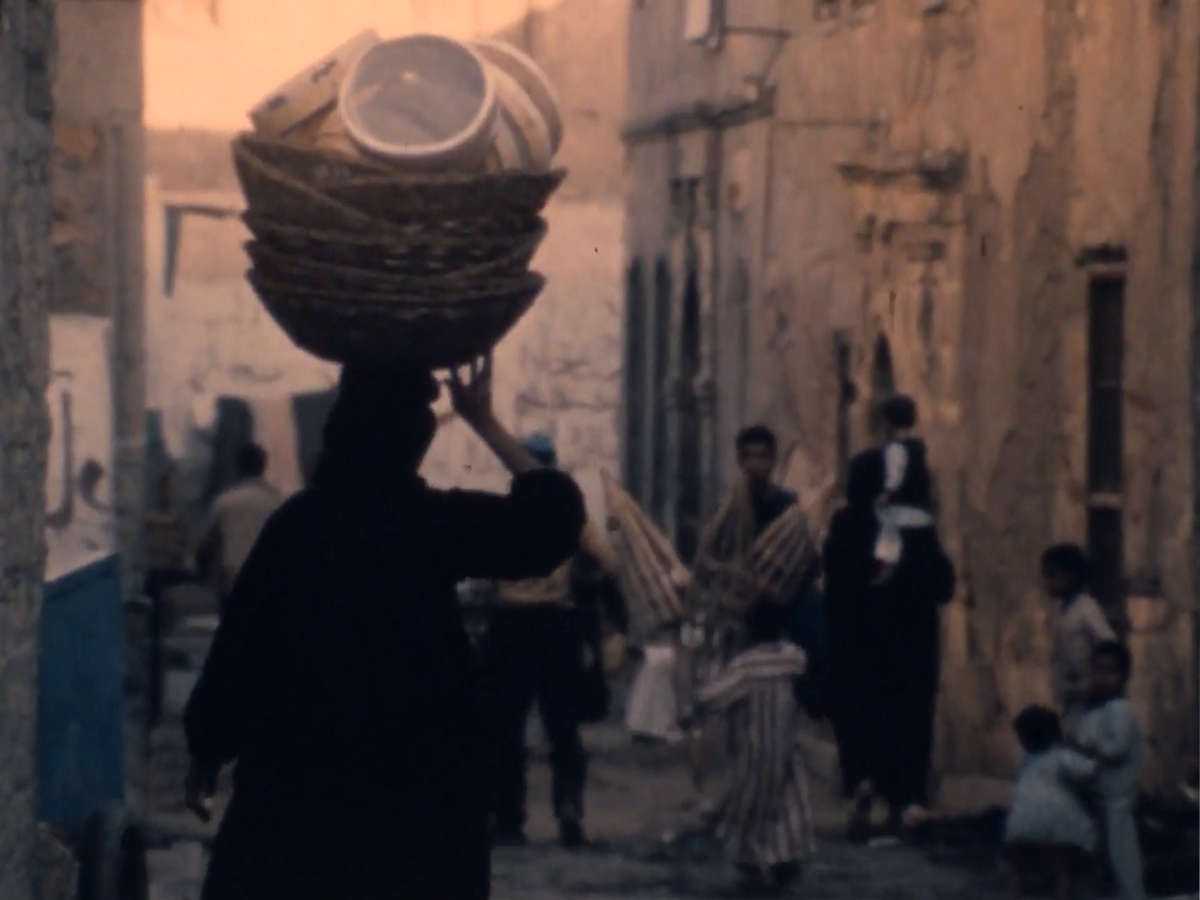Magda Wassef
Magda Wassef (1946) is an Egyptian historian and film critic who wrote extensively on Egyptian cinema. She is also a translator and has translated several works of author Nawal El Saadawi from Arabic to French. She studied at the École des hautes études en sciences sociales, a faculty of the Sorbonne University, and teaches Arab cinema at the same university. Until 2008, she was the director of the film department of the Arab World Institute. In later years, she also was the director of different projects and film festivals, like the Cairo International Film Festival. Her publications include Egypte : cent ans de cinéma (1995), and Chadi Abdel Salam : le pharaon du cinéma égyptien, two books which she wrote for the Arab World Institute.





